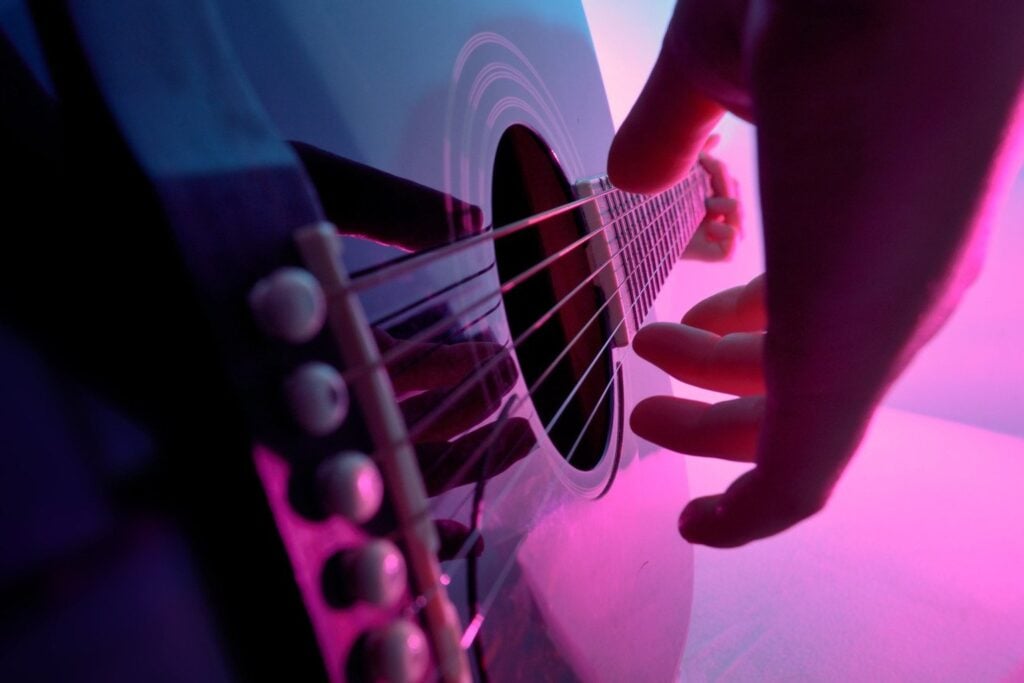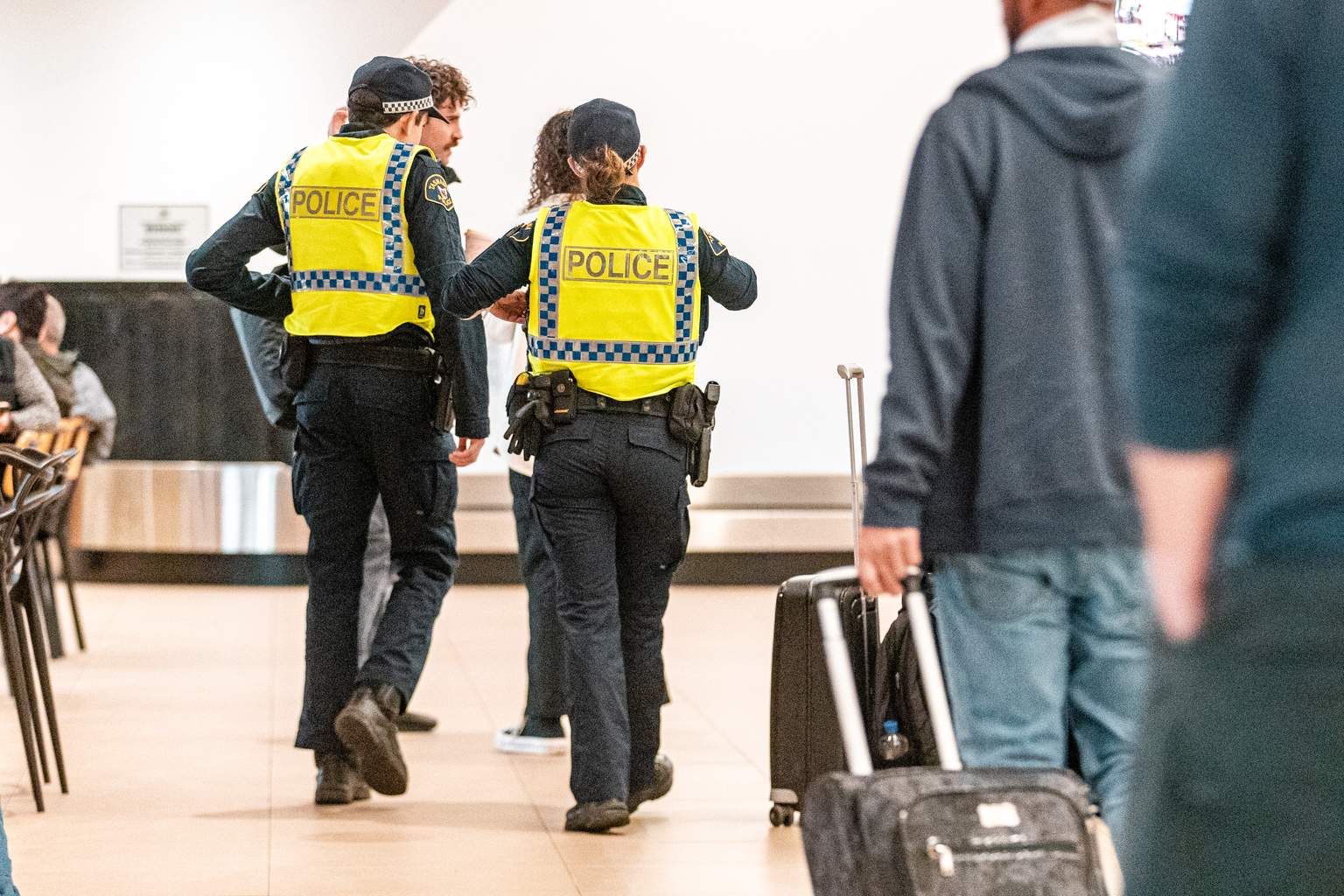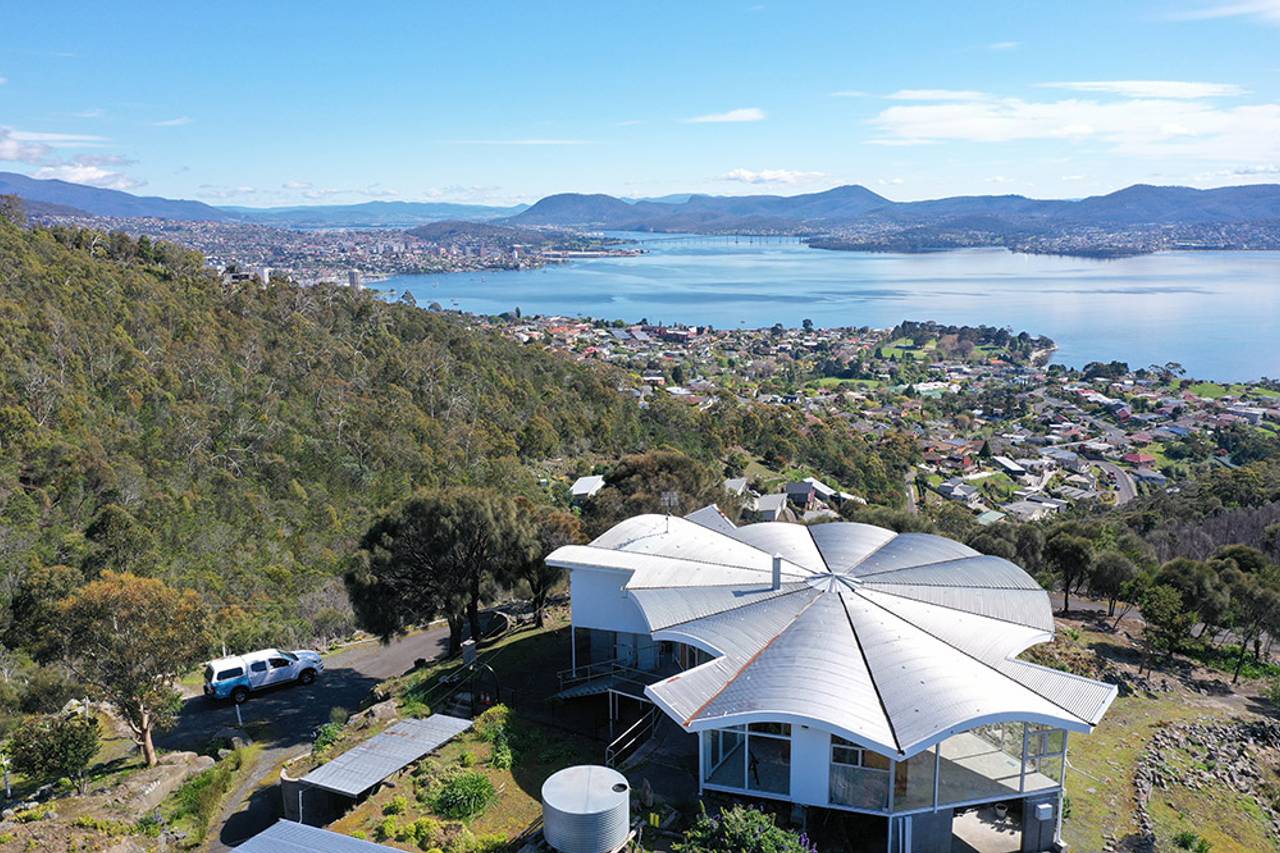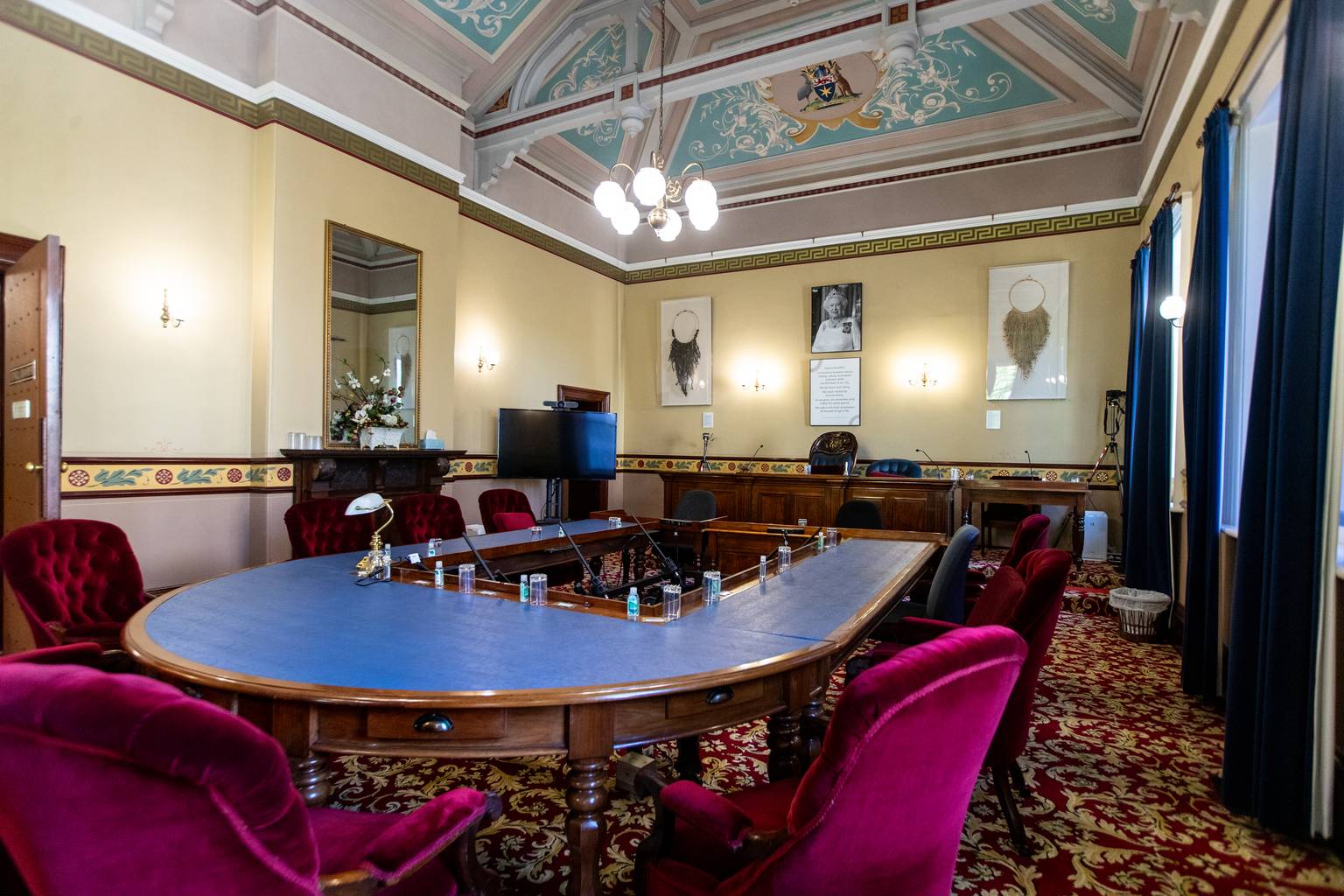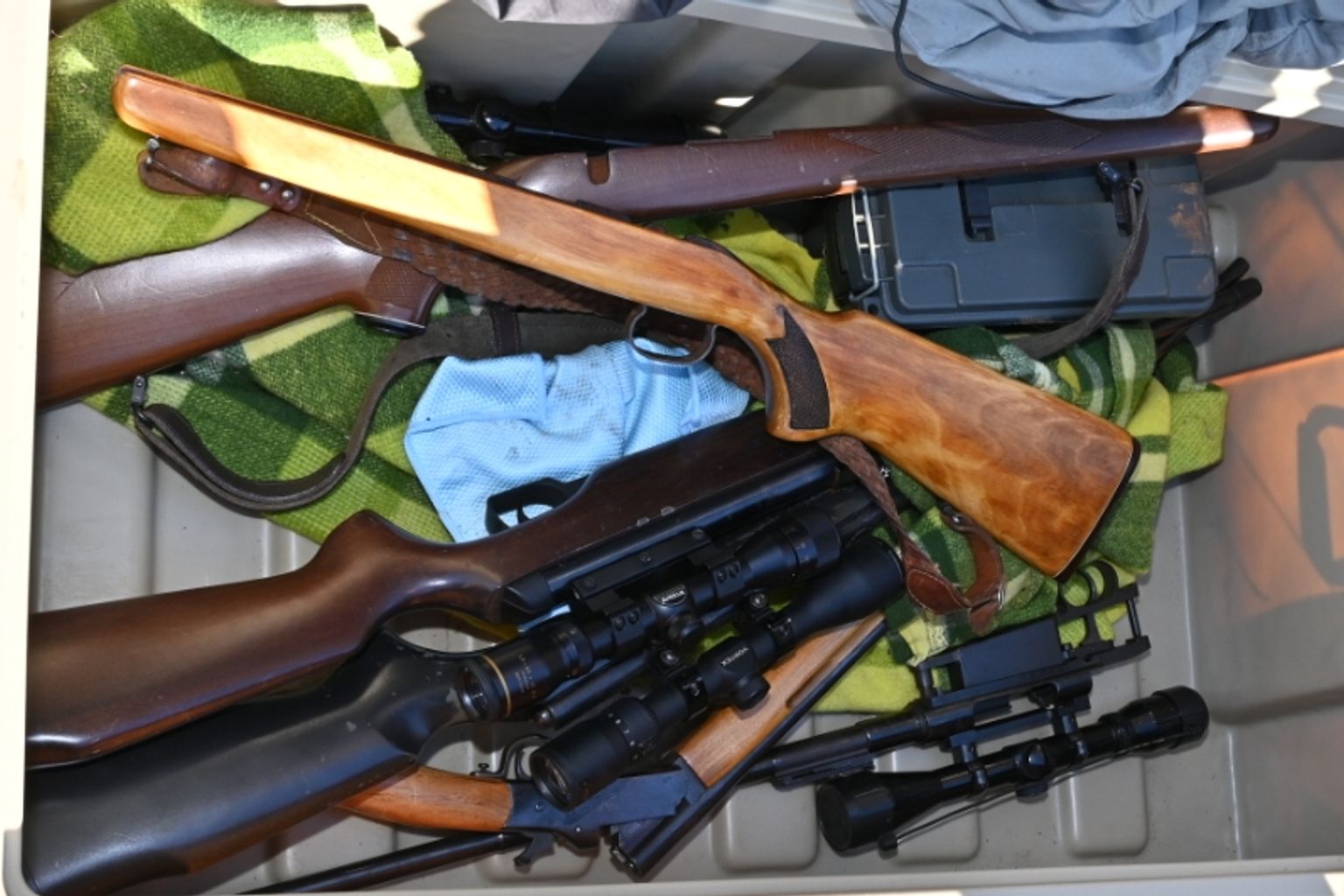A 17-year-old Tasmanian boy has been sentenced to probation and community service after pleading guilty to a violent home invasion that left his victim with lasting psychological trauma.
The teenager, who cannot be named for legal reasons, appeared in the Supreme Court this month where he pleaded guilty to attempted aggravated robbery at a home in May 2024.
Justice Tamara Jago told the court the boy, then 16, went to the victim’s house with a 24-year-old woman and a 35-year-old man, looking for drugs.
The trio forced their way in after the homeowner answered the door just after 6am.
During the attack, the teen repeatedly struck the victim with a guitar and kicked him while he lay on the ground, leaving him with injuries to his ribs, hip, face and nose.
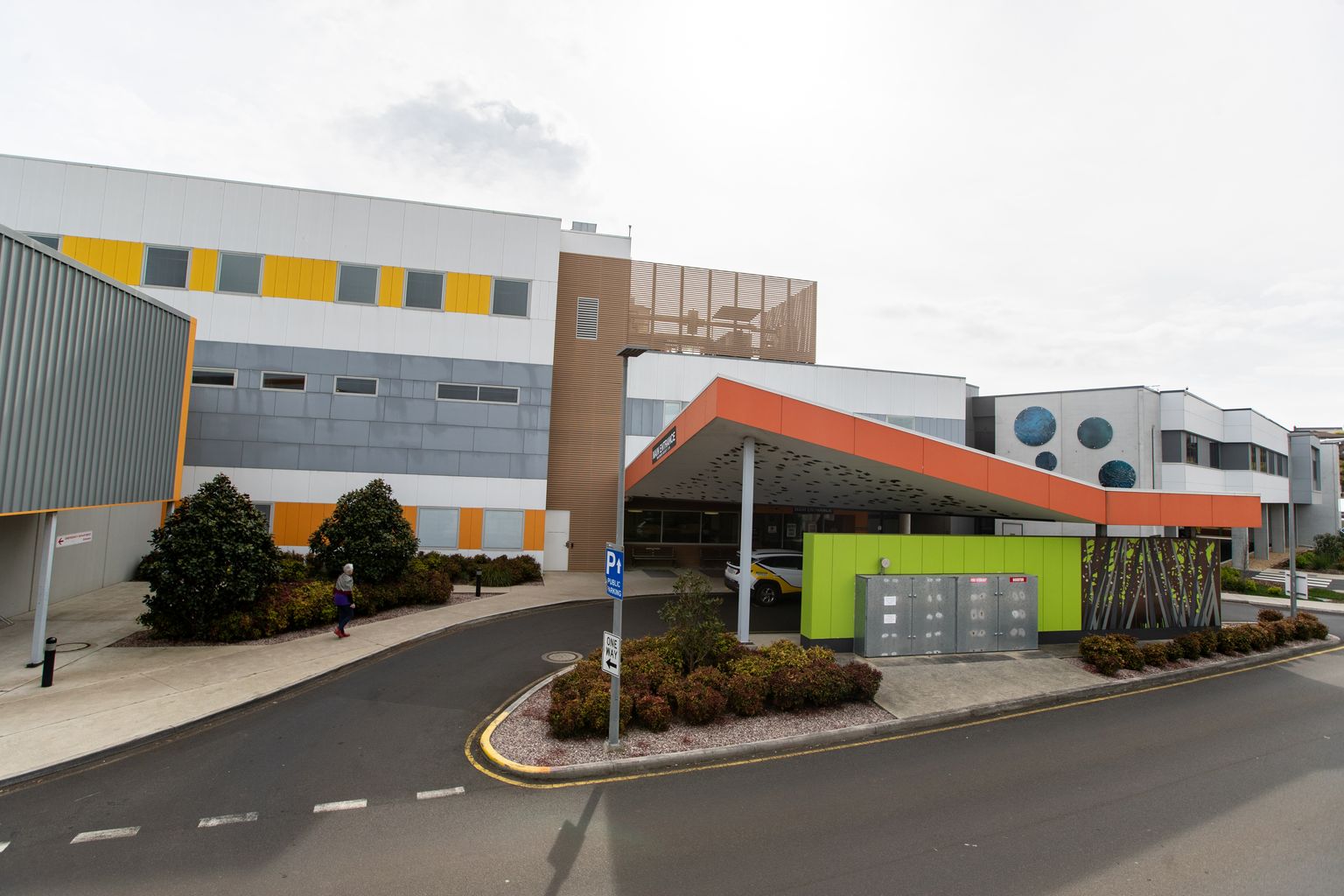
The man was treated at the North West Regional Hospital for his injuries.
“You demanded that the complainant ‘give us your stuff or you’re getting it’,” Justice Jago said in her published comments.
The court heard the 35-year-old man stood nearby during the assault, saying words to the effect of ‘don’t fight back, it will be over soon’.
Since the attack, the victim has suffered severe psychological harm, becoming hypervigilant and anxious about leaving his home.
“He is constantly worried that something similar will again occur,” Justice Jago said.
The court was told the teenager had a history of methamphetamine use and several diagnosed mental health conditions, including ADHD.
At the time, his mother was battling cancer and he was living away from home with other drug users.
Justice Jago acknowledged recent positive changes in the teen’s life, including his involvement in a mentoring programme and enrolment in an automotive course at TasTAFE.
“I am satisfied that there is a strong indication that you are committed to make the changes that are necessary to get your life back on track,” she said.
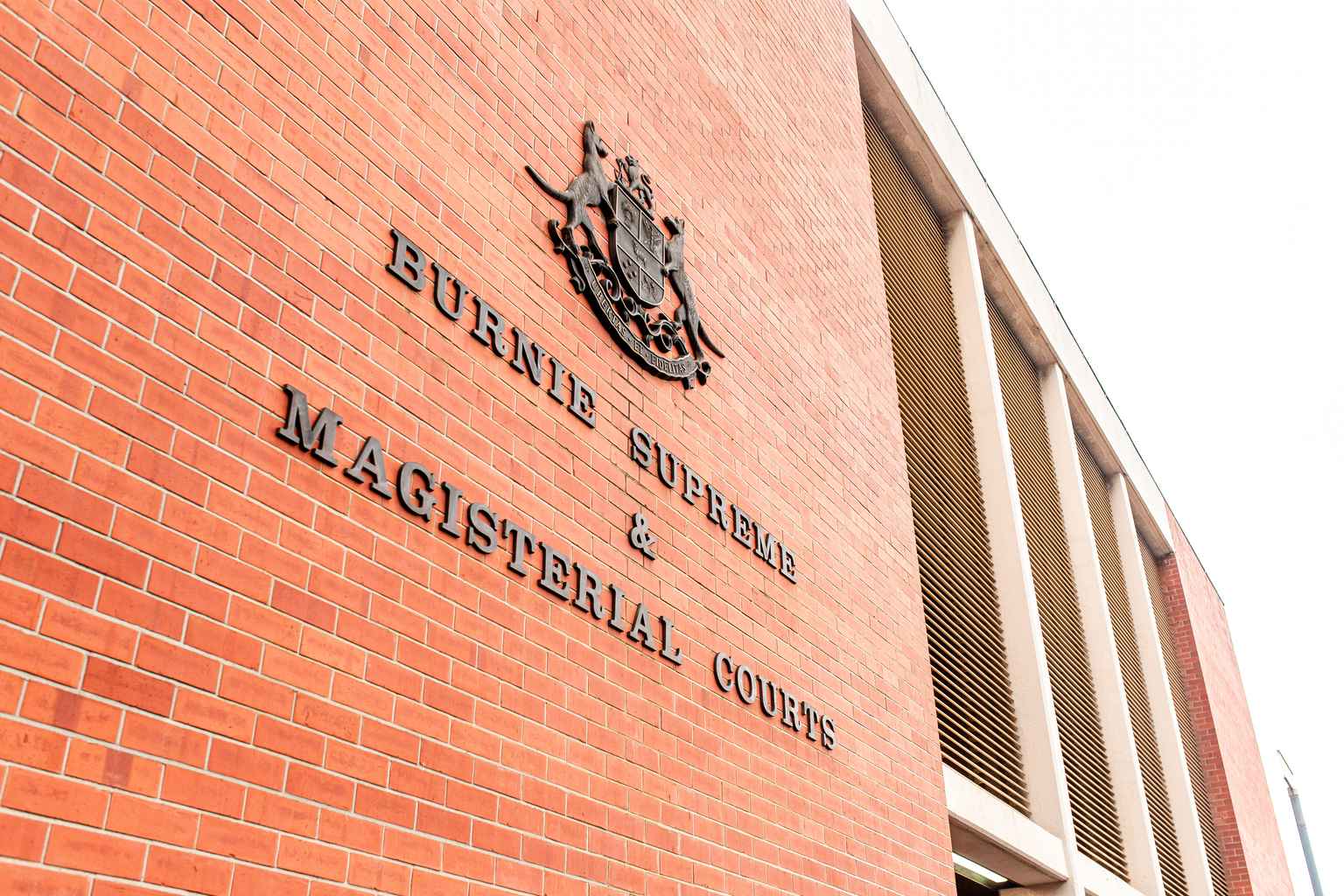
“It is necessary, however, to mark the seriousness of this crime. There can be no question that what you did was terrible.”
The judge handed down a 12-month probation order without conviction under the Youth Justice Act.
The teen must also complete 70 hours of community service and follow strict conditions, including staying drug-free, undergoing regular testing and taking part in counselling programmes.

